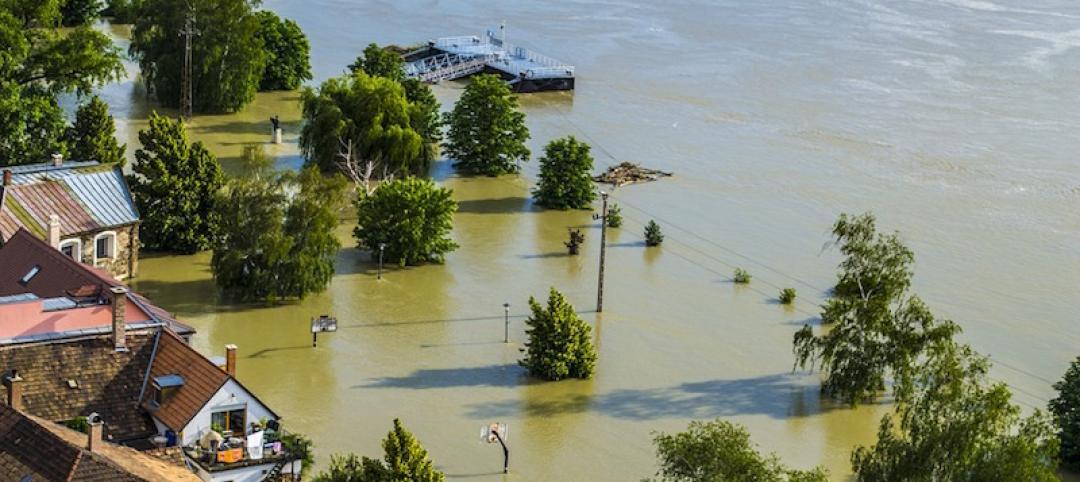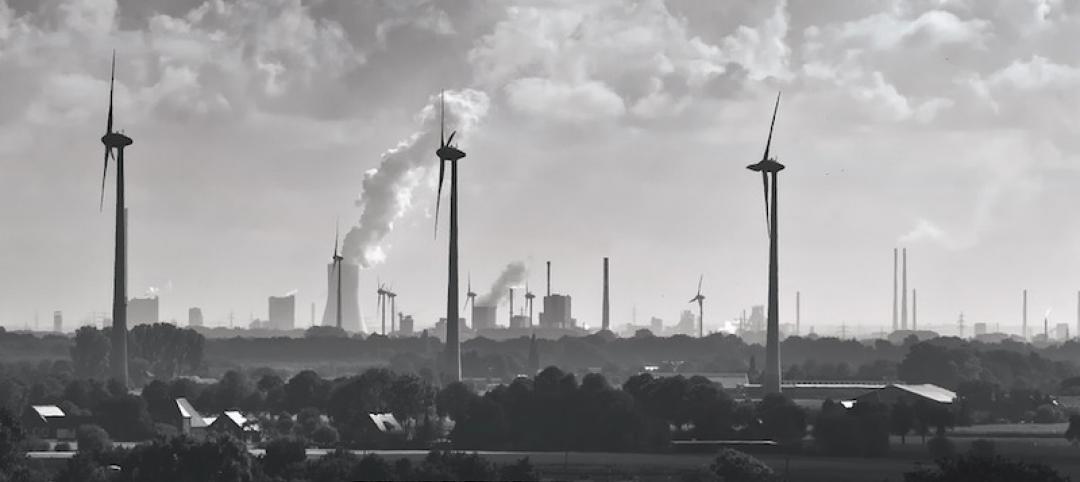The Canada Green Building Council (CaGBC) recently launched the first phase of its Zero Carbon Buildings Initiative.
The new framework is a precursor to the launch of a Zero Carbon Building Standard in spring 2017. Canada is striving to develop more lower-carbon commercial, institutional, and high-rise residential buildings in an effort to reduce greenhouse gases by 30% by 2030.
The Zero Carbon Buildings Framework establishes five key components for evaluating building carbon footprints:
• Greenhouse gas intensity metric for assessing a building’s emissions taking into account regional emissions factors
• Energy intensity metrics to incentivize design of highly efficient, reliable, and resilient buildings
• Peak energy demand metric to encourage the use of peak-shaving measures
• Embodied carbon metric to recognize importance of building material lifecycle impacts
• Requirement that renewable energy be generated on-site or procured directly
Upcoming phases of the Zero Carbon Initiative will include the identification of specific pathways to zero carbon, a zero carbon building pilot program, and the development of a verification program.
Related Stories
Codes and Standards | Sep 8, 2017
Los Angeles luxury high-rise is first U.S. apartment building to achieve WELL Multifamily certification
Hollywood Proper Residences have verified indoor air and water quality features.
Codes and Standards | Sep 7, 2017
More than half of Houston properties at high or moderate risk of flooding are not in FEMA flood zone
Properties outside of these zones are not required to carry flood insurance.
Codes and Standards | Sep 6, 2017
Seventy percent of contractors have trouble finding workers
AGC survey indicates that fewer companies may be able to bid on projects.
Codes and Standards | Sep 5, 2017
New CTBUH initiatives to investigate link between fire and façades
In wake of Grenfell tragedy, Council forms new workgroup.
Codes and Standards | Sep 1, 2017
U.S. markets with the largest hotel construction pipeline
New York has the largest hotel construction pipeline of any U.S. market.
Codes and Standards | Aug 30, 2017
Trump rescinds elevation requirements for federally funded buildings and infrastructure
Flood protection on subsidized housing, hospitals, and other public buildings rolled back.
Codes and Standards | Aug 30, 2017
Stormwater runoff mitigation pays off for some building owners
Rain gardens, green roofs, cisterns, and rainwater recycling add value.
Codes and Standards | Aug 28, 2017
Commercial properties address state carbon-reduction policies
EV charging stations, batteries, and microgrid technology are all part of effort to meet demand for cleaner power.
Codes and Standards | Aug 24, 2017
OSHA silica dust exposure enforcement begins Sept. 23
Vacuum dust collection, water-delivery systems, and respirators will be required.
Codes and Standards | Aug 18, 2017
Cool roofs may increase air pollution
California’s requirement for cool roofs on new non-residential buildings could promote smog.

















